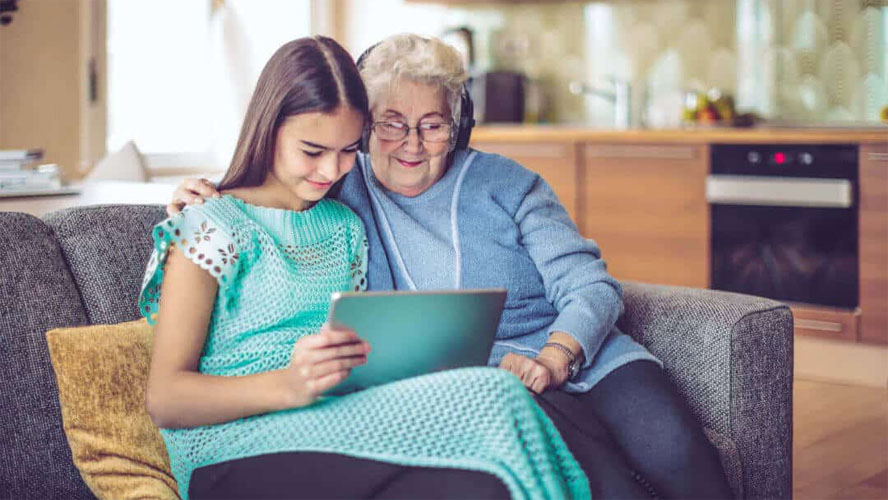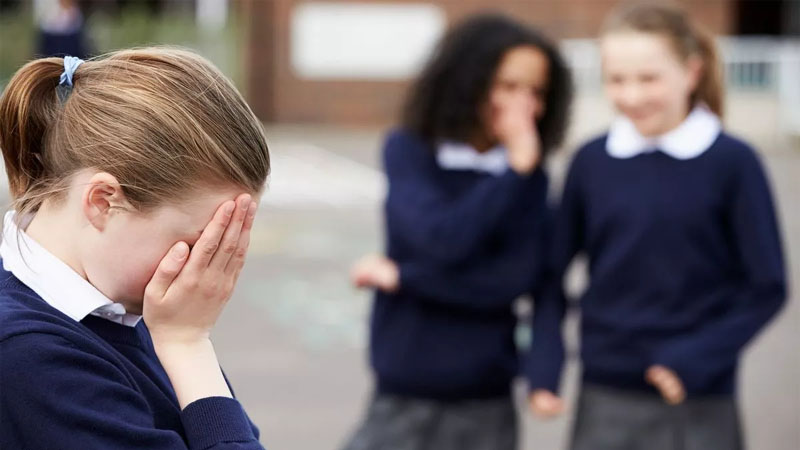The Science of Loneliness
The Science of Loneliness: Why We Feel Disconnected and How to Reconnect
Welcome to the Frame of Mind Clinic Psychiatry Blog!
At Frame of Mind Clinic Psychiatry, we know that mental health isn’t just about how you feel inside—it’s also about the quality of your connections with others. Humans are social beings by nature, wired for relationships. Yet, in an era where we can “connect” with hundreds of people online in seconds, millions of us report feeling more isolated than ever.
In fact, the U.S. Surgeon General has declared loneliness a public health crisis, comparing its health risks to smoking 15 cigarettes a day. This isn’t just an emotional issue; it’s a serious mental and physical health concern.
So why is loneliness skyrocketing in the most digitally connected age in history? And, more importantly, what can you do to restore meaningful human connection in your life?
The Hidden Mental Health Cost of Loneliness
Loneliness is often misunderstood as simply being “alone,” but it’s much more than that. It’s the painful sense of being disconnected, unseen, or lacking meaningful bonds.
Chronic loneliness can:
- Increase the risk of depression by 40%
- Raise cortisol levels, the body’s primary stress hormone
- Lead to sleep disruptions and weakened immune function
- Increase risk of heart disease and cognitive decline
Neurological Insight:
When we feel lonely, the brain activates the same survival mechanisms triggered by hunger. Social connection is a biological need, not a luxury. Our brains crave it for mental and physical health.
Why Are We More Lonely Than Ever?
The irony of our modern world is this: we have more ways to communicate, yet fewer real conversations. Here are the biggest contributors to this growing crisis:
- Remote Work & Isolation
Work-from-home culture means fewer spontaneous chats by the coffee machine. Virtual meetings lack the warmth of face-to-face interaction.
- The Social Media Illusion
Scrolling through highlight reels creates a false sense of connection while fueling comparison and envy. “Likes” can’t replace genuine conversations.
- Fast-Paced Lifestyles
We glorify being busy, leaving little time for nurturing relationships. Socializing often gets pushed aside for work or screen time.
- Urban Living & Mobility
People move more frequently for jobs, losing long-term community ties.
- Cultural Shifts
Younger generations delay marriage and family formation, often resulting in less social support.
The Mental Health Impact: Beyond Sadness
Loneliness doesn’t just make us feel sad—it reshapes our brain and body.
- Depression & Anxiety: Persistent loneliness increases vulnerability to mood disorders.
- Cognitive Decline: Studies link social isolation to faster brain aging and memory loss.
- Physical Health Risks: Higher inflammation, cardiovascular strain, and sleep disturbances
This is why addressing loneliness is not optional—it’s essential for overall well-being.
5 Evidence-Based Ways to Reconnect
- Start Small
Send a text to an old friend. Schedule a quick coffee or phone call. Small gestures often lead to deeper connections.
Example: Instead of “Let’s catch up sometime,” try:
“I’d love to hear how you’ve been—are you free for a 10-minute call this week?”
- Join a Community
Humans thrive in groups. Look for activities where you can meet like-minded people—volunteer work, local hobby clubs, fitness classes, or professional associations.
Tip: Choose in-person when possible. Physical presence deepens bonds more than digital interaction.
- Be Intentional with Social Media
Instead of endless scrolling, use social media as a bridge to real life. Message someone personally. Arrange a meetup. Remove apps that drain your mood.
- Practice Vulnerability
Meaningful connections grow through honesty. Share your struggles with someone you trust. Vulnerability fosters intimacy and deepens trust.
- Seek Shared Purpose
Relationships rooted in common goals are stronger. Join group activities that align with your passions—like volunteering, team sports, or creative workshops.
Mindfulness for Authentic Connection
Loneliness often narrows our focus inward, making us self-critical. Mindfulness helps reverse that.
Active Listening Exercise:
- When talking with someone, put away your phone.
- Make eye contact.
- Focus on their words, tone, and body language without planning your next reply.
Result: You feel more present, and the other person feels valued—deepening trust and connection.
Practical Daily Habits to Reduce Loneliness
- Check-In Ritual: Call or text one person daily.
- Digital Curfew: Avoid social media after 9 p.m.—replace with journaling or reading.
- Gratitude Sharing: Tell someone why you appreciate them at least once a week.
When Is It Time to Seek Help?
If loneliness persists for weeks and starts affecting your mood, energy, or daily functioning, it may signal an underlying mental health condition such as depression or anxiety. Professional therapy can help you build coping skills and social confidence.
At Frame of Mind Clinic Psychiatry, we specialize in:
✔ Individual therapy for isolation and depression
✔ Group sessions to build social confidence
✔ Mindfulness training for emotional regulation
✔ Evidence-based treatment for anxiety and mood disorders

You don’t have to face loneliness alone. We’re here to help you rebuild meaningful connections and rediscover joy.
Final Thought:
Loneliness is a signal—not a sentence. It’s your mind’s way of saying you need more authentic human connection. Start with small steps today—and if you need help, Frame of Mind Clinic Psychiatry is here to guide you.









































